In the past 3 years, the number of people who have drifted towards adopting a healthier lifestyle has increased. People are now aware of the importance of vitamins and minerals and are trying their best to improve vitamin levels in the body, naturally. While there is plenty of information online, unfortunately, there is a handful of those who are still unaware of vitamin deficiencies and how they are the reason for common health issues.
It is always beneficial to educate yourself on the importance of vitamins and how they can help you lead a healthier lifestyle. Keep reading to get all the information on the most common vitamin deficiencies, what are the symptoms, and the best ways to improve these vitamin levels.
What Is A Vitamin Deficiency?
A vitamin deficiency occurs when you deprive your body of essential vitamins for a long period of time. This can lead to health issues that can impact your daily routine. Vitamin deficiencies are of two types — primary deficiency and secondary deficiency. The former is caused when there’s not enough vitamin intake while the latter is caused due to a genetic defect or an underlying disorder such as malabsorption. Scroll down to learn about the common vitamin deficiencies and how you can treat them at home.
Common Vitamin Deficiencies & How To Treat Them
1. Vitamin D Deficiency
Vitamin D is famously known for bone development but did you know that it also plays a role in boosting your immune system, nervous system, and muscles? This vitamin is vital as it helps in balancing calcium in the blood and supports healthy tissues. There is a reason it is known as the sunshine vitamin. The skin absorbs the UVB rays and turns a chemical in your skin to vitamin D3 which is then carried first to your liver and later to your kidneys and finally transformed into active vitamin D. But sunlight alone is not enough.
Causes of Vitamin D Deficiency
This can be caused due to many reasons:
- A diet that lacks vitamin D foods
- Your body can’t absorb vitamin D effectively due to a medical condition, or even medication.
- People who are older, or stay indoors are more likely to develop a vitamin D deficiency.
Symptoms of Vitamin D Deficiency
- Poor immunity. More prone to colds, infections, and illness.
- Feeling tired throughout the day
- Back pain
- Slow wound healing
Treatment
- Dietary Changes
While our body produces vitamin D when exposed to the sun, certain foods can also help improve vitamin d levels in the body. Foods like wild-caught salmon, sardines, canned tuna, egg yolk, and mushrooms all have good levels of vitamin D in them. According to research, wild-caught salmon and morels - a type of mushroom that grows in the wild are great sources of vitamin D.
- Supplements
With any vitamin deficiency, only a change in diet won’t be enough to reverse it, especially if you are a vegetarian or vegan as this vitamin is mostly found in non-veg food. You need to add vitamin D3 supplements to your daily routine as well. To increase Vitamin D levels in the body, look for products with natural vitamin K12 as it helps improve calcium utilization and binds calcium to the bones, Vitamin D3 or vitashine to improve calcium absorption, and astaxanthin to boost muscle endurance.
2. Vitamin B12 Deficiency
Vitamin B12 is an essential water-soluble vitamin as it helps in various bodily functions like DNA synthesis, and the production of energy. It even helps ensure the nervous system is healthy and functioning at its full capacity.
Causes of Vitamin B12 Deficiency
- Age: As you age, it becomes more difficult for the body to absorb this vitamin. If you have pernicious anemia (a type of B12-specific anemia) it can also make absorption difficult.
- Chronic conditions: Medical conditions like Chron’s disease or celiac disease can lead to this vitamin deficiency.
- Too much alcohol: Heavy drinking can affect the way your body absorbs nutrients.
Symptoms of Vitamin B12 Deficiency
- Weakness, tiredness, or lightheadedness
- Heart palpitations and shortness of breath
- Constipation, diarrhea, or gas
- Nerve problems like numbness or tingling, muscle weakness, and problems walking
- Vision loss
- Mental issues like depression, or memory loss
Treatment
- Dietary Changes
Vitamin B12 is a water-soluble vitamin which is not stored in the body. Hence it is vital to replenish this vitamin with supplements and food. Foods that are good sources of vitamin B12 include clams, sardines, trout, fortified foods like cereal and shitake mushrooms.
- Supplements
Vitamin B12 supplements are also needed to improve vitamin levels in the body. Supplements rich in ingredients like vegan B12 to support a healthy nervous system, curcumin for better cardiovascular support, BacoMind - an extract, clinically tested for enhancing memory and cognitive health, is highly beneficial.
3. Calcium Deficiency
This might come as no surprise that calcium is an important vitamin your body needs. This vitamin helps mineralize bones and teeth and for kids, this calcium is absolutely vital for their growth and bone development. But it doesn’t stop at just bones! Calcium also helps with ensuring your heart, muscles, and nerves function properly. For those with calcium deficiency, due to the lack of this vitamin, the bones tend to release the calcium that is already stored in the bones which is why osteoporosis is common with this deficiency.
Causes of Calcium Deficiency
- Lack of Vitamin D: This vitamin is important for the absorption of calcium which is why most people assume that vitamin D deficiency is related to only bone health.
- Hypoparathyroidism: This condition happens when the parathyroid glands don’t produce enough parathyroid hormone which is in charge of regulating calcium levels in your blood.
Symptoms of Calcium Deficiency
- Muscle problems: Cramps, spasms, numbness in tingling in hands, arms, and feet.
- Extreme fatigue: Feeling tired throughout the day even without doing much.
- Nail & Skin: Brittle, broken nails, dry skin or eczema
- Osteoporosis: Brittle bones, making you more prone to injuries and fractures
- Dental issues: Irritated gums, weak teeth, tooth decay
Treatment
- Dietary Changes
There are plenty of calcium-rich foods you can include in your diet to boost calcium levels in the body. Seeds like chia and poppy are the best sources of calcium as they contain healthy fats and proteins. Yogurt, beans, lentils, whey protein, and leafy greens are other great sources of calcium.
- Supplements
Just like with any deficiency, only a change in diet won’t suffice. It’s also important to include calcium supplements in your daily routine as well. For calcium, supplements with Collagen are the best. This helps the bones take hold of calcium and use it effectively and remain sturdy while providing side-to-side flexibility, helping bones endure any impact. Ingredients like hyaluronic acid & resveratrol are also beneficial as they improve bone mineral density.
4. Vitamin A Deficiency
You may have heard about the link between vitamin A and vision. Well, aside from producing eye pigments, this fat-soluble vitamin is also essential for healthy skin, teeth, bones and cell membranes. Lack of vitamin A can also lead to night blindness.
Causes of Vitamin A Deficiency
Prolonged inadequate intake of this vitamin can lead to a deficiency. Some of the reasons for this include a liver disorder or intestinal issues such as chronic diarrhea, cystic fibrosis, celiac disease etc. which may affect the absorption rate.
Symptoms of Vitamin A Deficiencies
- Dry skin
- Dry eyes
- Night blindness
- Infertility
- Chest infections
Treatment
- Diet
When it comes to adding vitamin A-rich foods to your diet, there are two types, preformed vitamin A and provitamin A. The former comes in the form of retinol and is present in fish, and meat organs like the liver, dairy products, and eggs. Meanwhile, the latter comes in the form of carotenoids, mainly beta-carotene and it is found in fruits and vegetables. Carotenoid is converted into retinol by the body.
- Supplements
Take it a step further and invest in vitamin A supplements that are rich in ingredients like omega oil to improve your eye health.
5. Vitamin C Deficiency
Vitamin C has gained popularity in the beauty industry but did you know that it does more than just give you radiant skin? This vitamin is vital for your immunity as well as for the formation and repair of bones, and for ensuring the normal function of blood vessels and tissues while protecting your cells from free radical damage. Vitamin C is important for improving iron absorption while also promoting collagen synthesis in the body. It is also an antioxidant which means it protects the cells against free radical damage.
Causes Of Vitamin C Deficiency
A diet low in vitamin C is one of the main causes of vitamin C deficiency. Other causes include:
- Alcoholism
- Smokers
- Individuals with eating disorders
- Those who have Type 1 diabetes have high vitamin C requirements
- Individuals with gastric issues like IBS
- Individuals with restrictive diets, food allergies
Symptoms Of Vitamin C Deficiency
- Rough skin
- Concave-shaped fingernails that are brittle and prone to breakage
- Easy bruising
- Slow healing wounds
- Weak bones
- Poor immunity
Treatment
- Dietary Changes
Increasing your vitamin C levels begins with your diet. Include oranges, peppers, strawberries, blackcurrants, broccoli, brussels sprouts, and potatoes in your diet to ensure you’re getting enough of this vitamin.
- Supplements
Natural Vitamin C tablets can work wonders when it comes to your overall health. Many of these supplements contain a mixture of vitamin C-rich ingredients to help improve vitamin levels in the body and boost immunity.
6. Iron Deficiency
Even though this is not a vitamin, it does deserve a shoutout as it comes under the list of common deficiencies. Iron deficiency or commonly known as anemia is very common among women. As the name suggests, this happens when there is insufficient iron in the body. This mineral is vital as it helps in the production of red blood cells which help carry oxygen (hemoglobin) to the body’s tissues.
Causes Of Iron Deficiency
Some common causes of iron deficiency anemia include
- Blood loss: Blood contains iron within the red blood cells. Since the body can’t produce more in time to make up for the ones lost, it leads to iron deficiency. Women with heavy menstruation are more likely to develop this deficiency. Aside from women, those dealing with slow chronic blood loss due to issues like peptic ulcers, hiatal hernia, etc. are also prone to developing this condition.
- Diet: Your diet plays an important role when it comes to leading a healthy life. A lack of iron-rich foods such as meat, eggs, and leafy green vegetables can make your body iron deficient in the long run. Calcium supplements and iron supplements together could be another culprit. When consumed together, these supplements compete for the same receptors and in the end, calcium ends up hindering the absorption of iron.
- Pregnancy: During pregnancy, your body is bound to produce more blood for the fetus as well. Women who are vegetarians, vegans, history of heavy periods, or carrying twins are more likely to develop anemia during pregnancy.
Symptoms of Iron Deficiency
Most of the time these symptoms go unnoticed which is why they are swept under the rug. It is only when it gets worse, do people actually realize that they lack this mineral. Some common signs of iron deficiency are
- Extreme fatigue
- Weakness
- Pale skin
- Chest pain, fast heartbeat, or shortness of breath
- Headache, dizziness, or lightheadedness
- Cold hands and feet
- Inflammation or soreness of your tongue
- Brittle nails
Treatment
- Dietary sources
Changing your diet can help you handle this deficiency more effectively.
If you are a vegetarian, include foods like lentils, nuts and seeds, leafy greens, potatoes, mushrooms and whole grains. For non-vegetarians, look for foods like meat, eggs, shrimp, clams, and sardines are all great sources of iron.
- Supplements
A healthy diet is not enough to get your iron levels to optimal levels. This is why iron supplements are important as well. Supplements that are enriched with ingredients like organic beetroot for its high folate content to increase hemoglobin levels, and spinach which is rich in Vitamin C to help boost iron production are beneficial.
When To See A Doctor
A vitamin deficiency, if not caught on time, can lead to some serious health issues. In such cases, it will be difficult to reverse the vitamin deficiency with just supplements and a change in diet. In order to get a proper diagnosis, it’s best to check with your doctor.
Wrapping Up
Whatever deficiency it may be, you can find a solution by changing your diet as well as including the right supplements in your daily routine. After all, food by itself, won’t be enough to bridge the nutritional gap.
Reference:
https://my.clevelandclinic.org/health/diseases/15050-vitamin-d-vitamin-d-deficiency
https://www.healthline.com/nutrition/vitamin-b12-deficiency-symptoms#3.-Headaches
https://www.medicalnewstoday.com/articles/321865
https://www.healthline.com/nutrition/vitamin-a-deficiency-symptoms












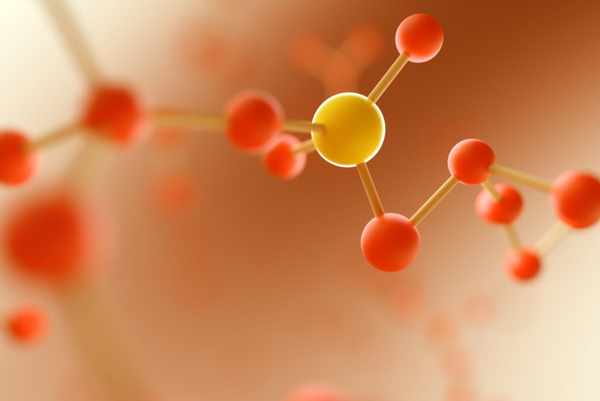

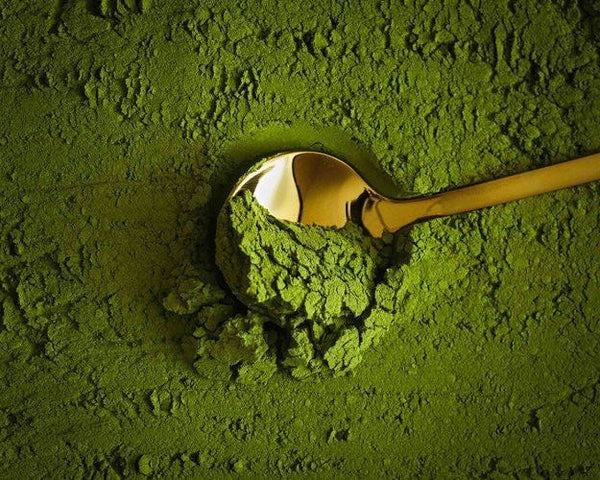


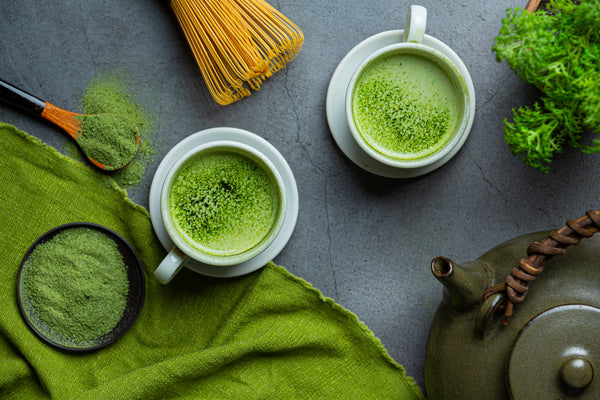

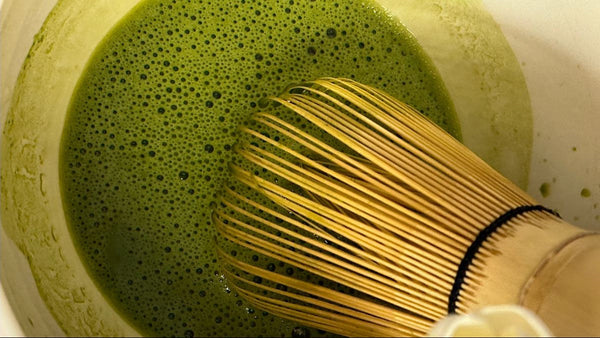
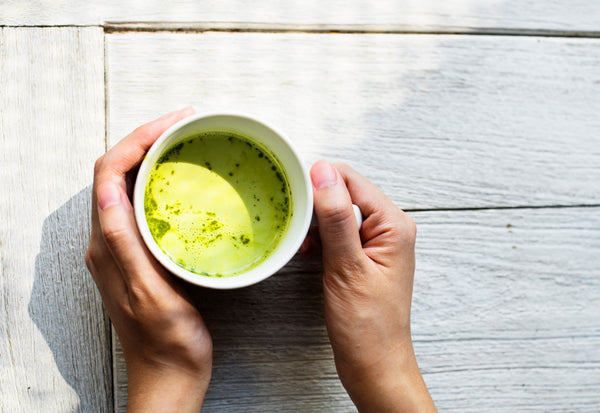






 DOWNLOAD NOW
DOWNLOAD NOW
